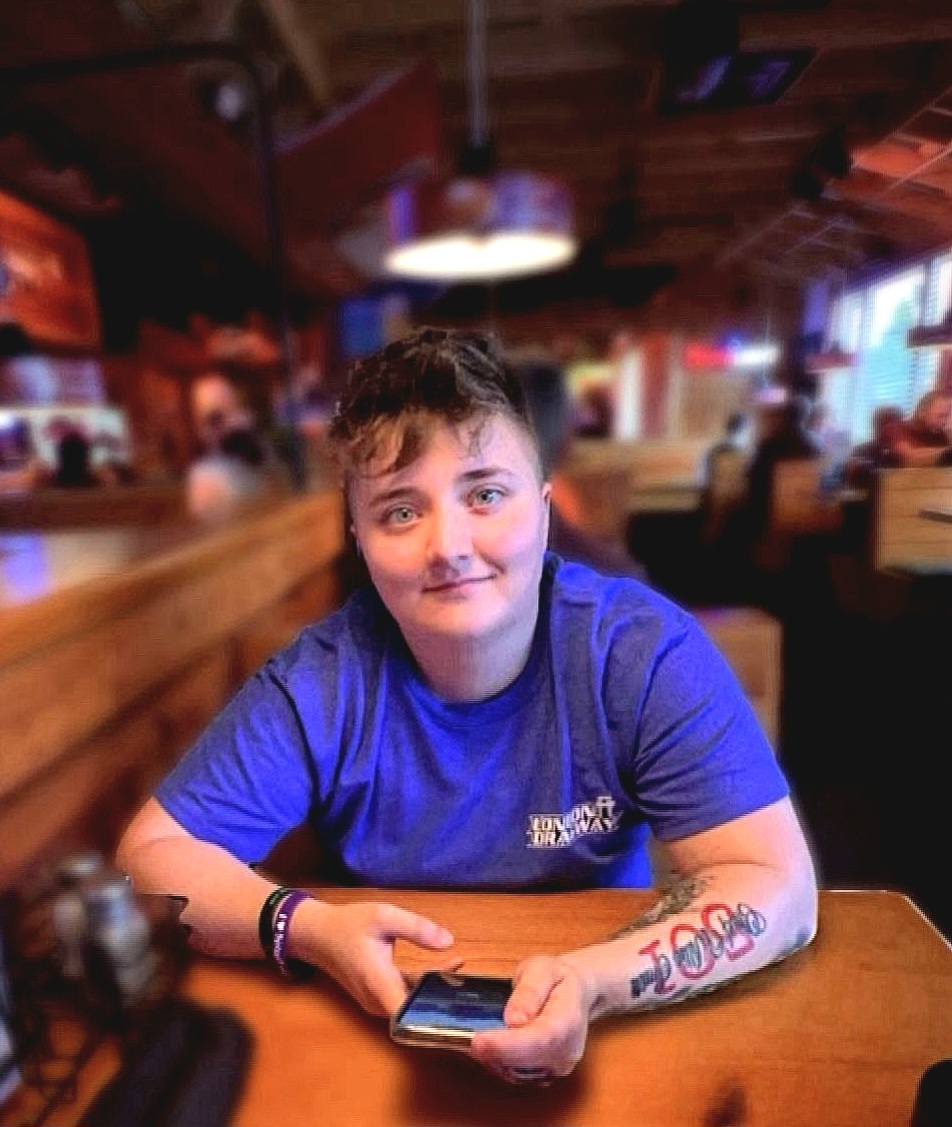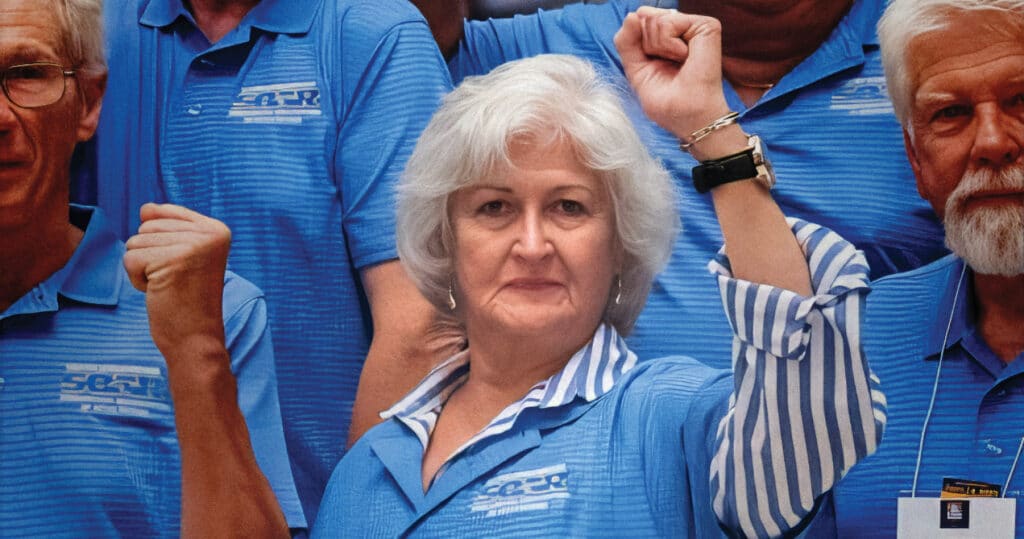Local 14300’s Reagan Benge discovers newfound confidence at District 8 Women’s Conference
 Reagan Benge has worked as a material handler at Jackson Warewashing Systems in Gray, Kent., for three years and has been wanting to get more involved with Local 14300. She knew the USW District 8 Women of Steel Conference this past August was a great way to do just that.
Reagan Benge has worked as a material handler at Jackson Warewashing Systems in Gray, Kent., for three years and has been wanting to get more involved with Local 14300. She knew the USW District 8 Women of Steel Conference this past August was a great way to do just that.
“Our local’s Women of Steel Chair invited me, and at first, I was a little on edge because I’m pretty shy,” Benge said. “But then I got to learn from other sisters and hear about their experiences, and it really inspired me.”
Benge’s favorite part of the conference – the District’s first of its kind – was learning about the history of labor and all the sacrifices workers made to grow and strengthen the movement. She’s now ready to help build her local’s Women of Steel committee, which already is well on their way with organizing luncheon fundraisers for workers in need.
“It’s changed the whole factory completely,” said Benge. “It’s building solidarity.”
Benge is also grateful to have a union job because of the camaraderie that has given her a newfound confidence.
“I feel like I have a backbone now,” she said. “I know my union will have my back.”
One thing Benge is looking forward to is getting more women at the 200-member facility involved and even potentially running for local union office. In the meantime, when Benge isn’t at the factory or fundraising with her USW siblings, she loves to work on her Mustang and compete in drag racing competitions.
Her advice to other women who want to get involved in their union but feel too nervous to start?
“If you get the chance, you should definitely take the risk and step up,” Benge said. “If you don’t, nothing will change.”
By clicking Sign Up you're confirming that you agree with our Terms and Conditions.
Recent News Articles
Want to Learn More?
See how the USW is making a real difference in our communities and our workplaces.

